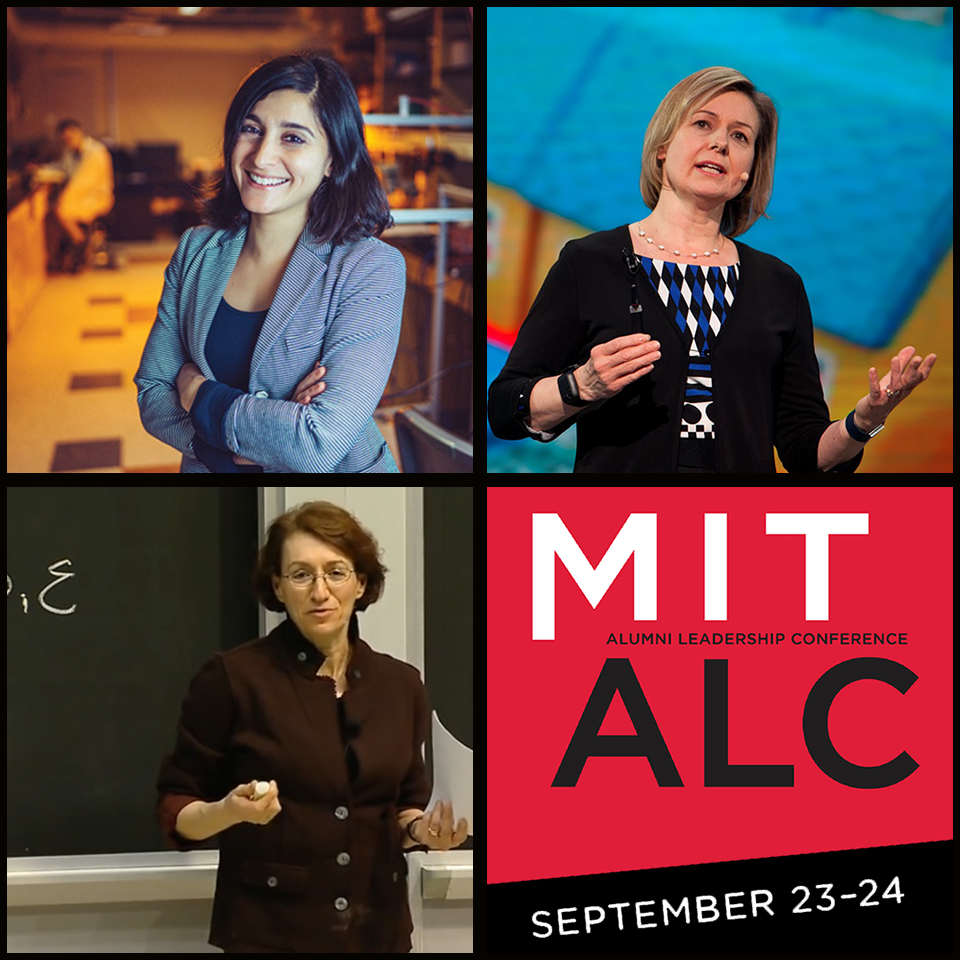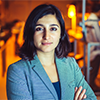MIT Faculty Who Are Helping Change the World
-
-
slice.mit.edu
Filed Under
Recommended
 The 2016 MIT Alumni Leadership Conference, which takes place Sept. 23–24 on MIT's campus, will feature presentations and conversations with a collection of interdisciplinary researchers whose ground-breaking discoveries are making a real-world impact on society. And ALC attendees will hear first-hand about these research breakthroughs.
The 2016 MIT Alumni Leadership Conference, which takes place Sept. 23–24 on MIT's campus, will feature presentations and conversations with a collection of interdisciplinary researchers whose ground-breaking discoveries are making a real-world impact on society. And ALC attendees will hear first-hand about these research breakthroughs.Learn more about the faculty below then visit the ALC schedule to see the full lineup of nearly 50 sessions and more MIT leaders who will speak at the conference. Register today for MIT ALC—a weekend celebration that will reconnect friends and classmates, and raise awareness of how MIT is working to make a better world.
 Assistant Professor Lydia Bourouiba
Civil and Environmental Engineering
Bourouiba's research seeks to better understand the fundamental mechanisms of disease transmission, including how pathogens are transferred from one host to another.
Friday, Sept. 23, 9:00 a.m.
Assistant Professor Lydia Bourouiba
Civil and Environmental Engineering
Bourouiba's research seeks to better understand the fundamental mechanisms of disease transmission, including how pathogens are transferred from one host to another.
Friday, Sept. 23, 9:00 a.m.
“(Bourouiba’s) goal is to ground epidemiology and public health in physics and mathematics. When trying to keep diseases from running rampant, she says, ‘we want to be giving recommendations that are based on science that has been tested in the lab.’ In practical terms, such insights could lead to maps showing the contamination risks in the vicinity of infected people, protective equipment optimized to shield hospital workers from specific kinds of germs, and better predictions of how diseases move through a population.”
Video via SciFri.
 Professor Rosalind Picard SM ’86, SCD ’91
MIT Media Lab
Picard's research in the field of Affective Computing is creating systems that can recognize and process human affects, and developing ways to measure and communicate emotion.
Saturday, Sept. 24, 9:45 a.m.
Professor Rosalind Picard SM ’86, SCD ’91
MIT Media Lab
Picard's research in the field of Affective Computing is creating systems that can recognize and process human affects, and developing ways to measure and communicate emotion.
Saturday, Sept. 24, 9:45 a.m."In the years since she first conceived the term 'affective computing,' Picard says that the aims of artificial-intelligence research have evolved subtly but profoundly. Both in Picard's lab and in the field at large, work has moved away from perfecting machines that are intelligent for their own sake, towards building those that can use emotional intelligence to help us solve problems. Today, her research group concentrates on creating tools that help computers understand human emotions, not to try to mimic them." - - Wired Magazine
 Professor Hazel Sive
Biology
Sive's research helps understand how the face forms and how the brain develops its structure. A member of MIT's Whitehead Institute, her lab focuses on craniofacial and brain disorders.
Friday, Sept. 23, 9:00 a.m.
Professor Hazel Sive
Biology
Sive's research helps understand how the face forms and how the brain develops its structure. A member of MIT's Whitehead Institute, her lab focuses on craniofacial and brain disorders.
Friday, Sept. 23, 9:00 a.m."(Sive's) research uses frogs and the zebrafish as model systems to study the development of the vertebrate embryo — in particular, the nervous system and the extreme anterior of the embryo. Sive has identified more than 50 vertebrate genes involved in the formation of nerve tissue, and has pioneered the use of the mucus-secreting cement gland as a marker of the extreme anterior in frogs and used this to define the genetic network needed to position an organ." - MIT News
Video via NOVA PBS Official and produced by Ari Daniel PhD ’08
Register today then reserve your room at one of two campus-area hotels offering discounted rates during ALC. The room block is limited and may sell out.






